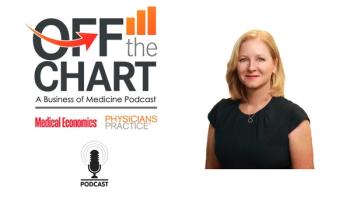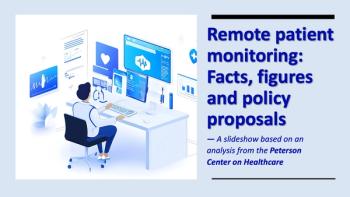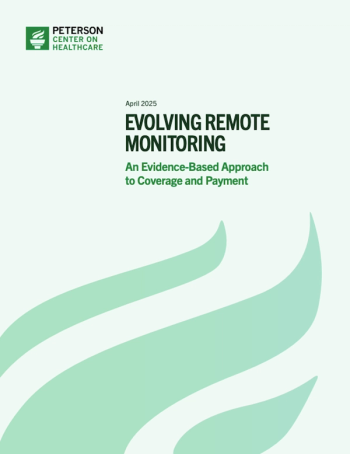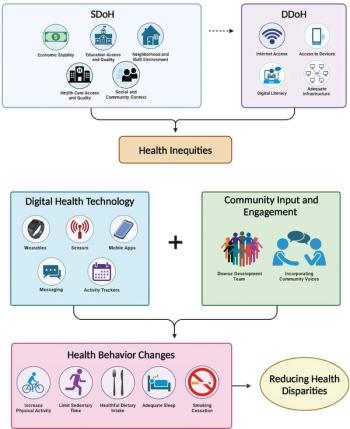
Practice Technology
Latest News
Latest Videos

CME Content
More News

A new framework uses machine learning and social determinants of health to optimize clinician encounters and reduce care inequities.

How zero-trust security protects your medical practice from inside out.

Heather Bassett, MD, chief medical officer of Xsolis, joins the show to talk prior authorizations and how technology may be able to help.

Key considerations around selecting the right network partner include what the partner will do with the data, the interoperability partner’s experience and expertise, the quality and the usability of the data it will deliver, and the partner’s financial strength.

A University of Michigan program using digital monitoring slashed hospitalizations by nearly 60%, offering a model for scalable post-discharge care.

Free up your time, cut costs and keep your practice running smoothly — without burning out your team.

Nearly two-thirds of users said they received care they couldn’t have otherwise, highlighting the stakes as Congress considers whether to extend virtual care coverage.

RPM gets analyzed in a new report by the Peterson Center on Healthcare.

Peterson Center on Healthcare offers policy recommendations to better serve patients while avoiding wasteful services.

For patients struggling with self-management, telehealth offers solutions by creating new ways to engage that make the care process less taxing, less costly, and more effective.

Cybersecurity attacks and ethical AI use emerge as critical concerns for physicians.

Automation has emerged as a key strategy for improving revenue cycle efficiency and reducing costs.

Quoting anonymous sources, Wired reports that CMS Director Mehmet Oz, M.D., M.B.A., said CMS can save money by having AI avatars meet with patients in some circumstances.

In head-to-head comparison, artificial intelligence gave more guidance-adherent and accurate recommendations than doctors in over 20% of cases.

American Heart Association says physicians should consider how digital drivers of health affect patients.

Tariffs will likely result in rising costs and supply chain disruptions that will reshape the economic outlook for the global economy — and your business too.

Clinicians need to acquire and employ AI not as the latest “me too” thing that everyone else is using, but rather with clearly defined purposes and careful planning.

The benefits of artificial intelligence in medicine were discussed during a session at the ACP Internal Medicine Meeting 2025 in New Orleans.

Prior authorizations are a major pain point for physicians, but technology may be able to help.

Prior authorizations are a major pain point for physicians, but technology may be able to help.

The time is now to create an action plan that fits your practice when it comes to cutting costs and raising revenue streams. Read Medical Economics Insider to get started.

A new study explores patient satisfaction with AI-generated responses, prompting ethical debate over disclosure in health care communications.

A more human way of thinking can overcome legitimate concerns that doctors have about artificial intelligence.

Physicians share their experiences with integrating AI into their practices.

How Ronald Rodriguez, MD, PhD, professor of medical education and director of UT-San Antonio's dual MD/MS in AI program, uses artificial intelligence.







